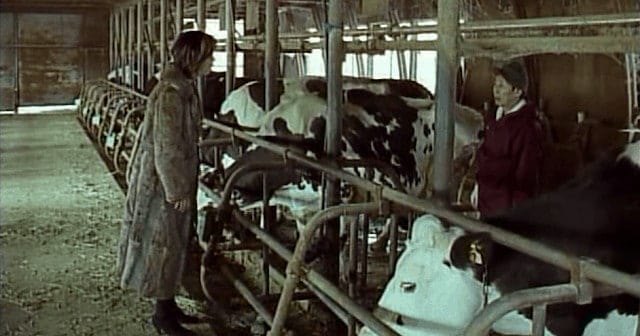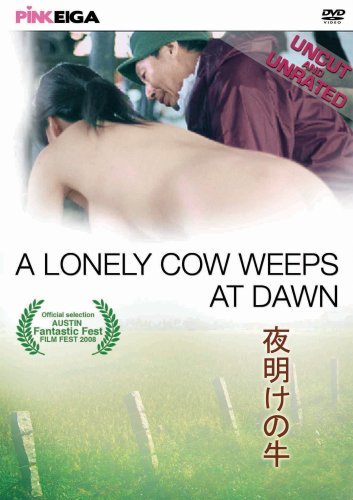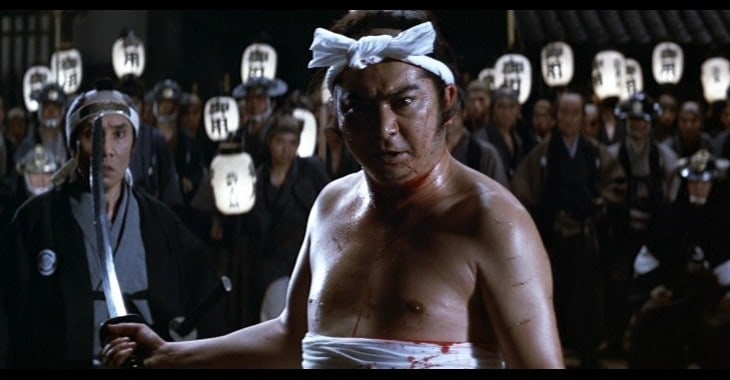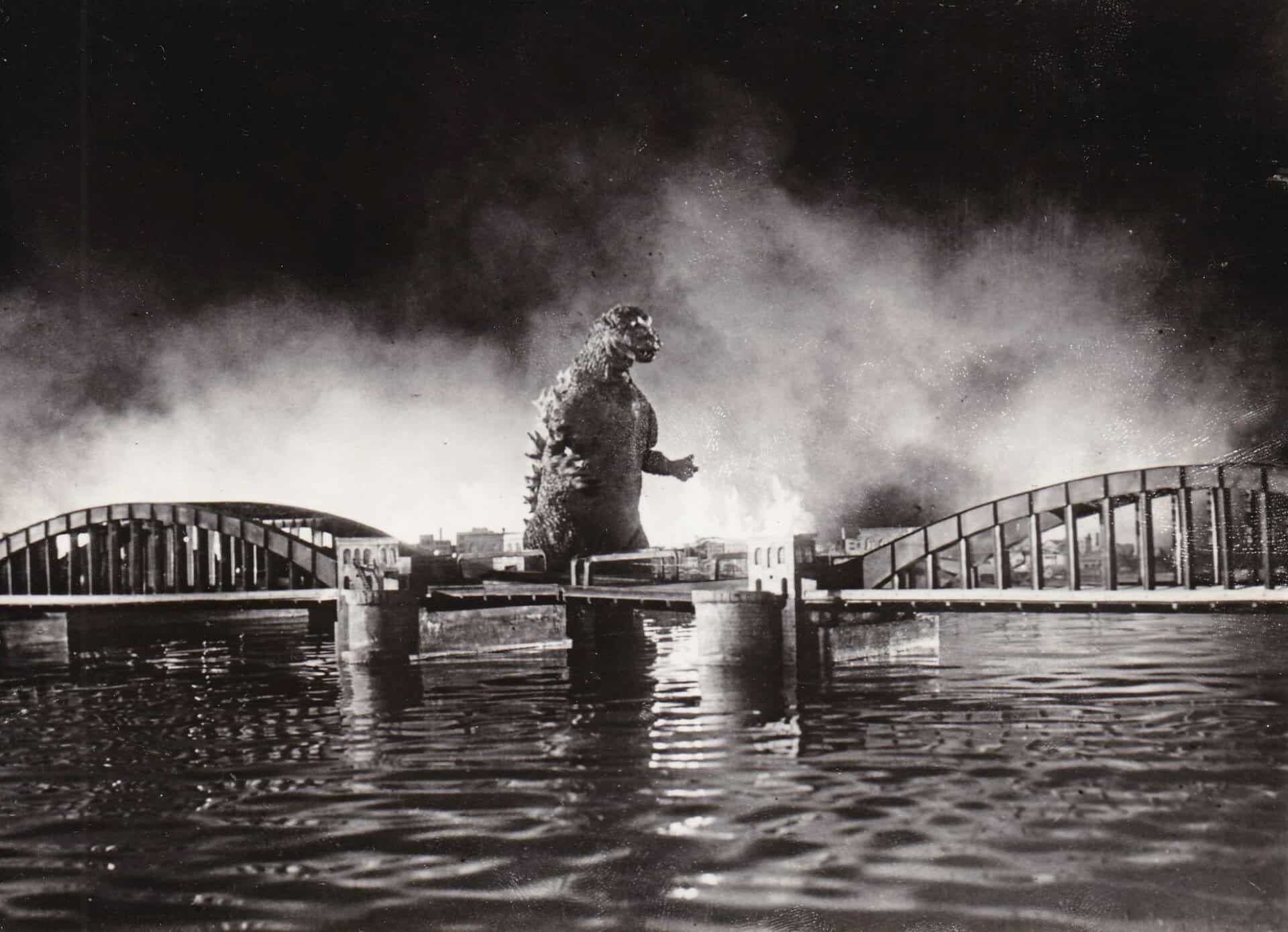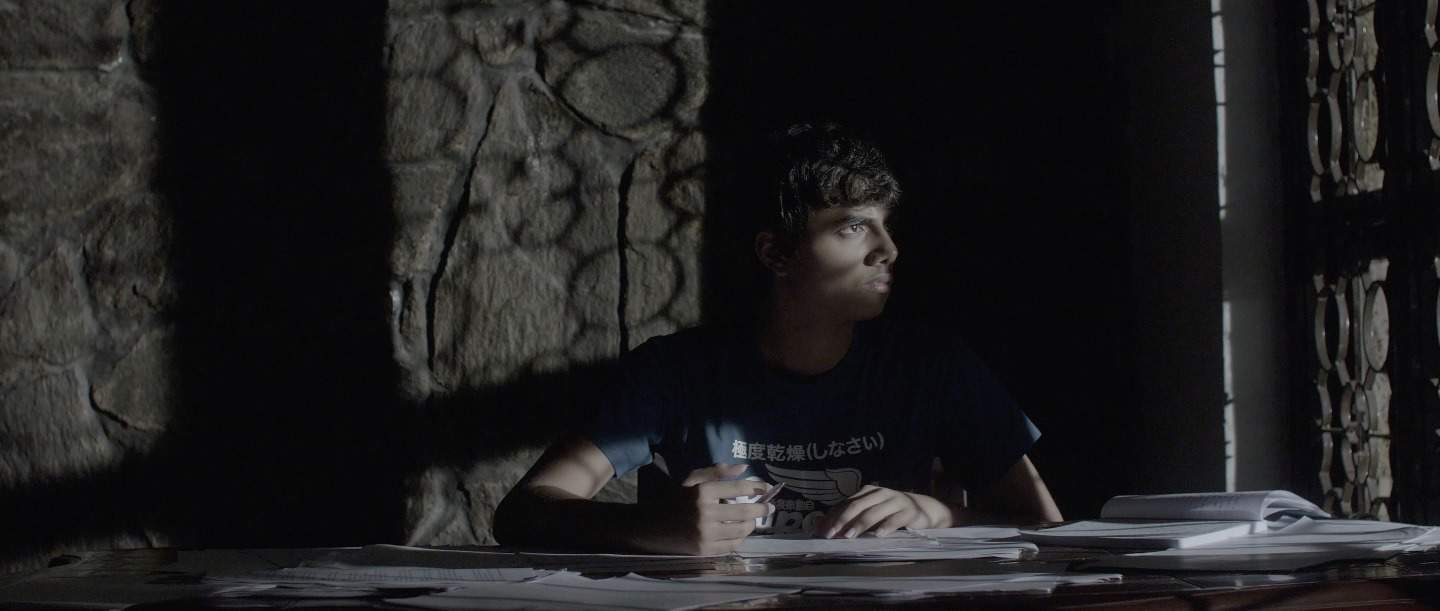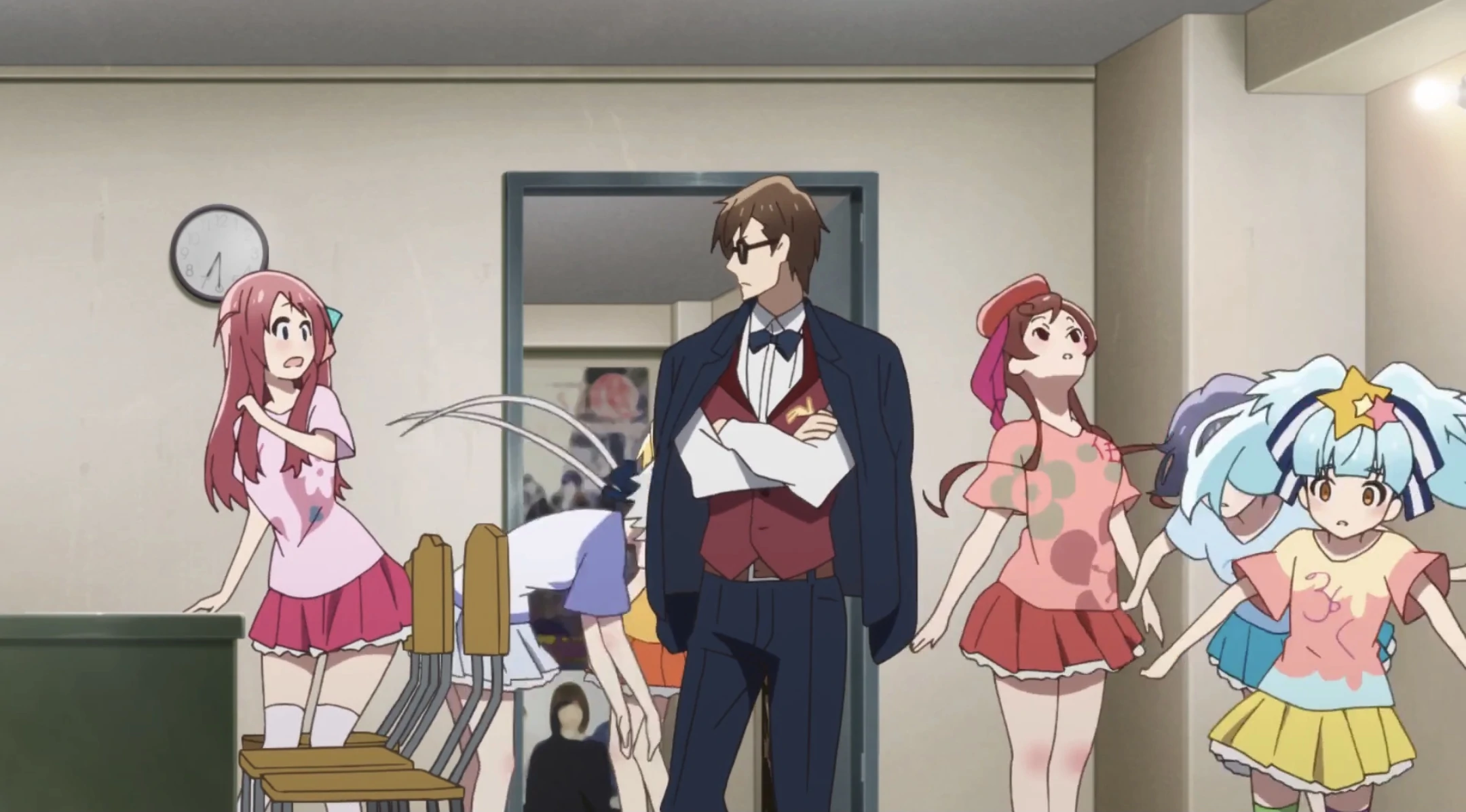A young widow, Noriko, lives with her senile father-in-law, Shukichi, on a farm. She plays a matronly role, taking care of household duties and also helping with the farm work. As a result of a traumatic event, Shukichi lost his son and his prized cow on the same day. Still holding onto the memory of both, Noriko plays a peculiar role in helping to keep her father-in-law happy by pretending to be his prized cow, Bessie. Every morning, she wakes before him and makes her way to the stable, undresses and allows Shukichi to milk her. Distraught that his prize cow can no longer produce milk, Shukichi makes desperate phone calls to the veterinarian on a daily basis, which results in rumors about his mental state spreading through town.
A Lonely Cow Weeps at Dawn is available from Pink Eiga
By Using the code AMPFriend, you get a 25% price-off on all products of the website including subscription
Hot on the heels of Shukichi's failing health is his daughter Mitsuko and a land buyer named Hajime. Together, they plot to steal the land from Shukichi by exploiting Noriko and her unorthodox ways of trying to keep her father-in-law healthy. Noriko is forced to face some harsh realities about her past and her present in order to keep her father-in-law safe.
Visually, “A Lonely Cow Weeps at Dawn” is somewhat lacking. It is a rather murky film, mostly taking place indoors, in dull sets. The plot sets the film in early spring, and the landscape of the farm and the barns where Shukichi raises the cows is dirty and doesn't allow for any nice shots of the Japanese countryside. The movie is still adequately shot; however, those who enjoy the hyper realistic aesthetic that can be contained within Pink film will be disappointed with the visuals. For those who enjoy the erotic aspects of these films, they are well shot, slightly pushing the censorship boundaries, and are not filled with too many acts that can be seen as perverse.
The real strength of the production lies within the script. What seems like an odd concept becomes a rather touching drama about one woman's love for her father-in-law and the extends she will go to keep him safe from the outside world. One could think by the synopsis that the relationship between Noriko and Shukichi would be somewhat comical, but since the film does not play that way, it utilizes other characters to inject some, much required, subtle humor into the script
Horyu Nakamura elevates the whole film with his ability to play the senile Shukichi as a serious and emotional character. If his part was played for laughs, it would have seriously hurt the film. Thankfully, in odd moments where there could have been some humor derived from scene, he is able to play the role straight. Ryoko Asagi, who plays Noriko, is graceful with her role, which again could have fallen into a comedic trap fall. The rest of the cast rounds out the film nicely, bringing in different personalities for our protagonists to interact with.

“A Lonely Cow Weeps at Dawn” is a competent drama, muddled in a somewhat underwhelming Pink film. At face value, the concept of Noriko pleasing Shukichi by playing the role of a cow is derogatory and I did struggle with that notion throughout the film. There is also a certain and understandable taboo being broken here, having a much older man having a sexual relationship with a younger woman, especially one who he is related to, if even not by blood. But by the end of the film, I was able to put that aside and enjoyed the dialogue and bond built between both characters. The film also ends on a poetic note that shows there was some self awareness on Shukichi's part and this final scene sums up the film so well that it changed the entire tone.
For treading through some difficult content and ending on such a positive note, this movie deserves a lot of praise. I would be hesitant to call this an unorthodox Pink film as it still falls into some of the similar tropes, but it does enough to make it memorable and should be a welcomed acquisition to any fan of Japanese exploitation film.


